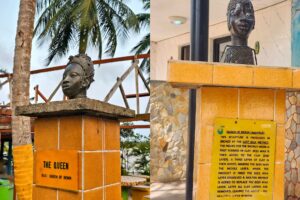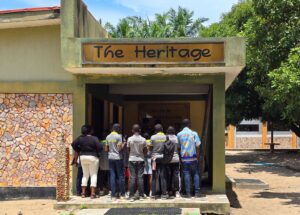The Nigerian hospitality and tourism industry stands at a critical inflection point in 2025, demonstrating remarkable resilience in the face of economic uncertainties, currency devaluation, and infrastructural deficits. Despite these challenges, stakeholders in the hospitality sector have begun pivoting toward innovation, wellness integration, and digital transformation, driven by a burgeoning middle class, the diaspora market, and a youthful population eager for lifestyle experiences.
The demand for domestic tourism has increased significantly as Nigerians embrace local travel due to the cost of international trips. Resorts, hotels, and recreational centers across Nigeria; especially in Lagos, Abuja, Calabar, and Badagry, have reported upticks in occupancy and visitor numbers. In particular, areas with beachfront properties and cultural heritage significance are experiencing renewed interest. Fortis Lifestyle & Hospitality’s interest in Whispering Palms Resort in Badagry aligns with this trend, positioning the brand to capitalize on eco-tourism, wellness, and immersive cultural experiences.
In response to evolving consumer expectations, hospitality operators are infusing wellness tourism offerings such as spa retreats, yoga experiences, detox cuisine, and wellness-oriented activities. These innovations cater to the growing segment of Nigerians and returning diasporans prioritizing health, well-being, and lifestyle enhancement. In addition, digital booking platforms and contactless service solutions are becoming industry norms, enhancing convenience, security, and customer satisfaction.
However, the industry must address key structural challenges, including inconsistent power supply, inadequate transportation infrastructure, and workforce skill gaps. Strategic collaboration with government institutions, particularly in tourism boards and vocational education, will be crucial. There is also growing advocacy for the Federal Government to recognize tourism as a major economic pillar, incentivizing investments and easing regulatory bottlenecks.
The future of Nigerian hospitality lies in its ability to provide authentic, affordable, and high-quality experiences that reflect the country’s cultural richness and natural beauty. For businesses like Fortis Lifestyle & Hospitality, 2025 offers an opportunity to lead the renaissance by investing in sustainable infrastructure, leveraging digital tools, and fostering partnerships with creative and local communities. As resilience continues to shape the sector, innovation and experience-driven models will determine who leads Nigeria’s hospitality transformation.





